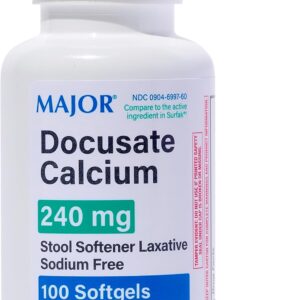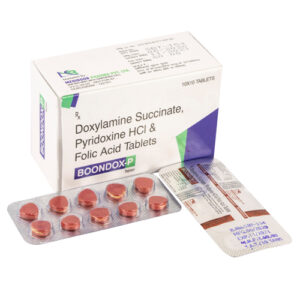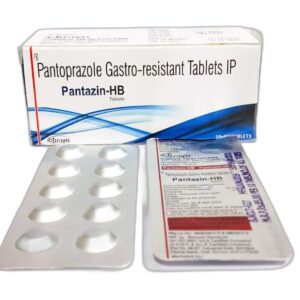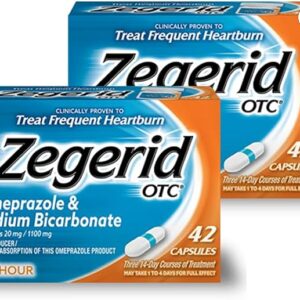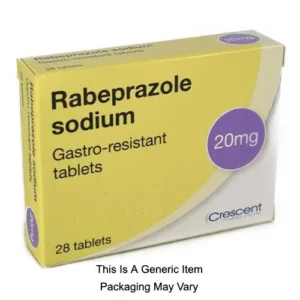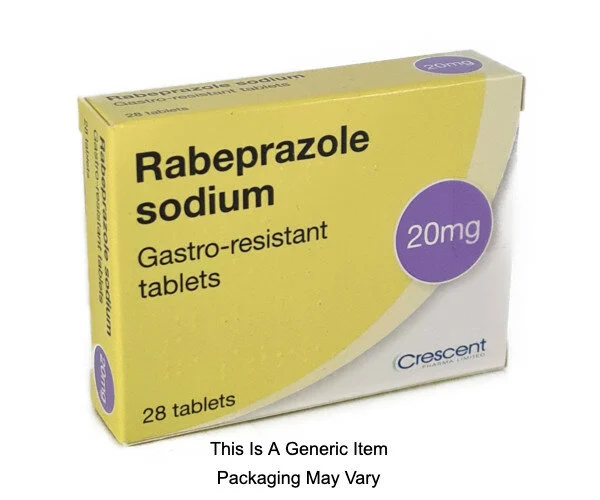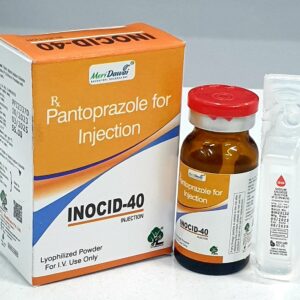-
Docusate calcium
Docusate Calcium is a stool softener similar to docusate sodium, used to ease constipation.
Applications:
-
Softens stool to make bowel movements easier.
-
Ideal for patients recovering from surgery or childbirth, or with hemorrhoids.
Side Effects:
-
Common: mild cramps, diarrhea, bitter taste.
-
Serious (rare): allergic reactions, throat irritation (liquid form).
Br120.00
Docusate calcium
Br120.00 Select options This product has multiple variants. The options may be chosen on the product page -
-
Docusate sodium
Docusate Sodium is a stool softener used to treat or prevent constipation.
Applications:
-
Softens stool by increasing water and fat absorption in the intestines.
-
Often used post-surgery or in patients who should avoid straining.
Side Effects:
-
Common: mild abdominal cramps, diarrhea, bitter taste.
-
Serious (rare): throat irritation (with liquid form), allergic reactions.
Br120.00
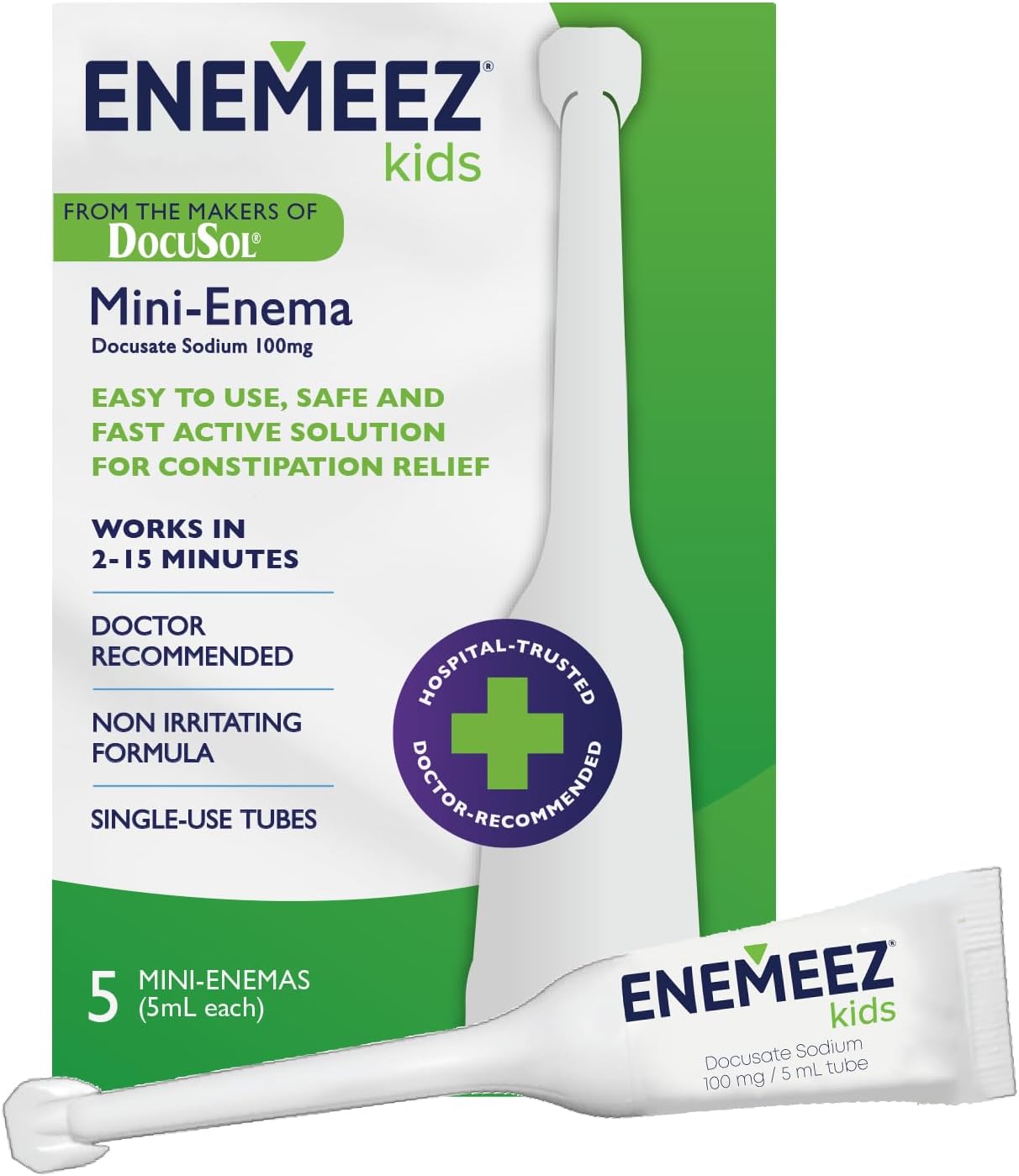
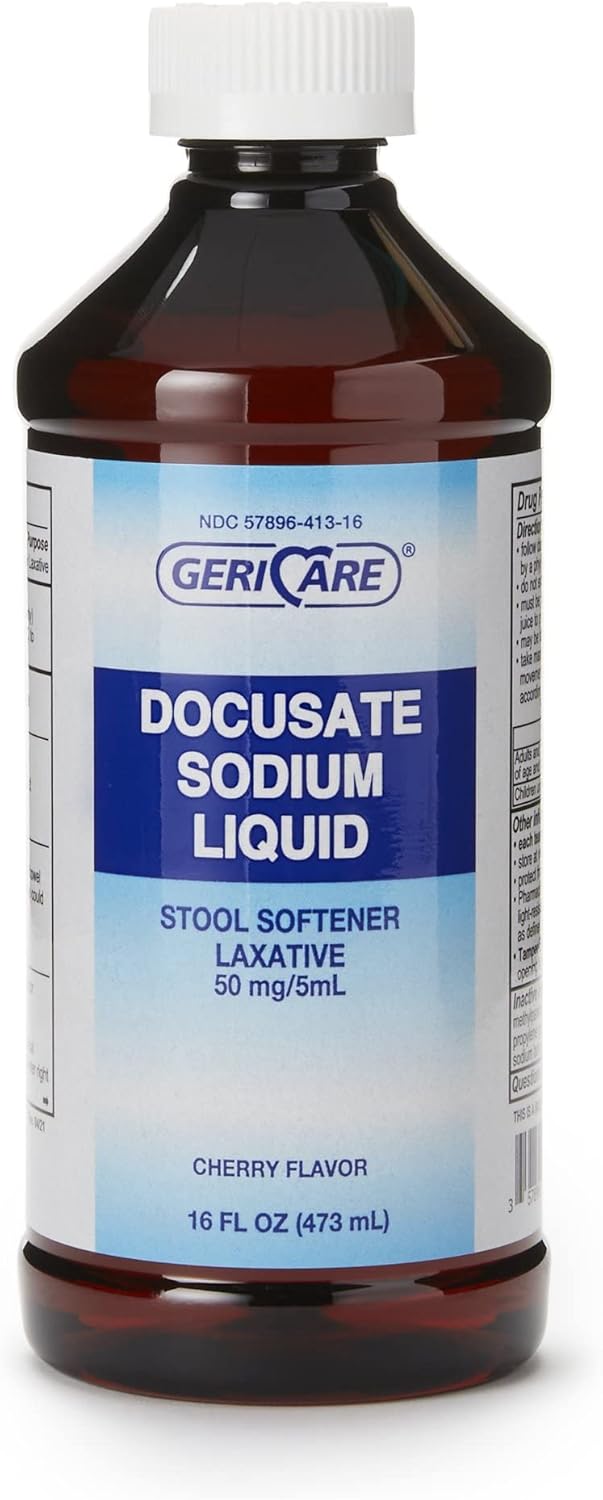
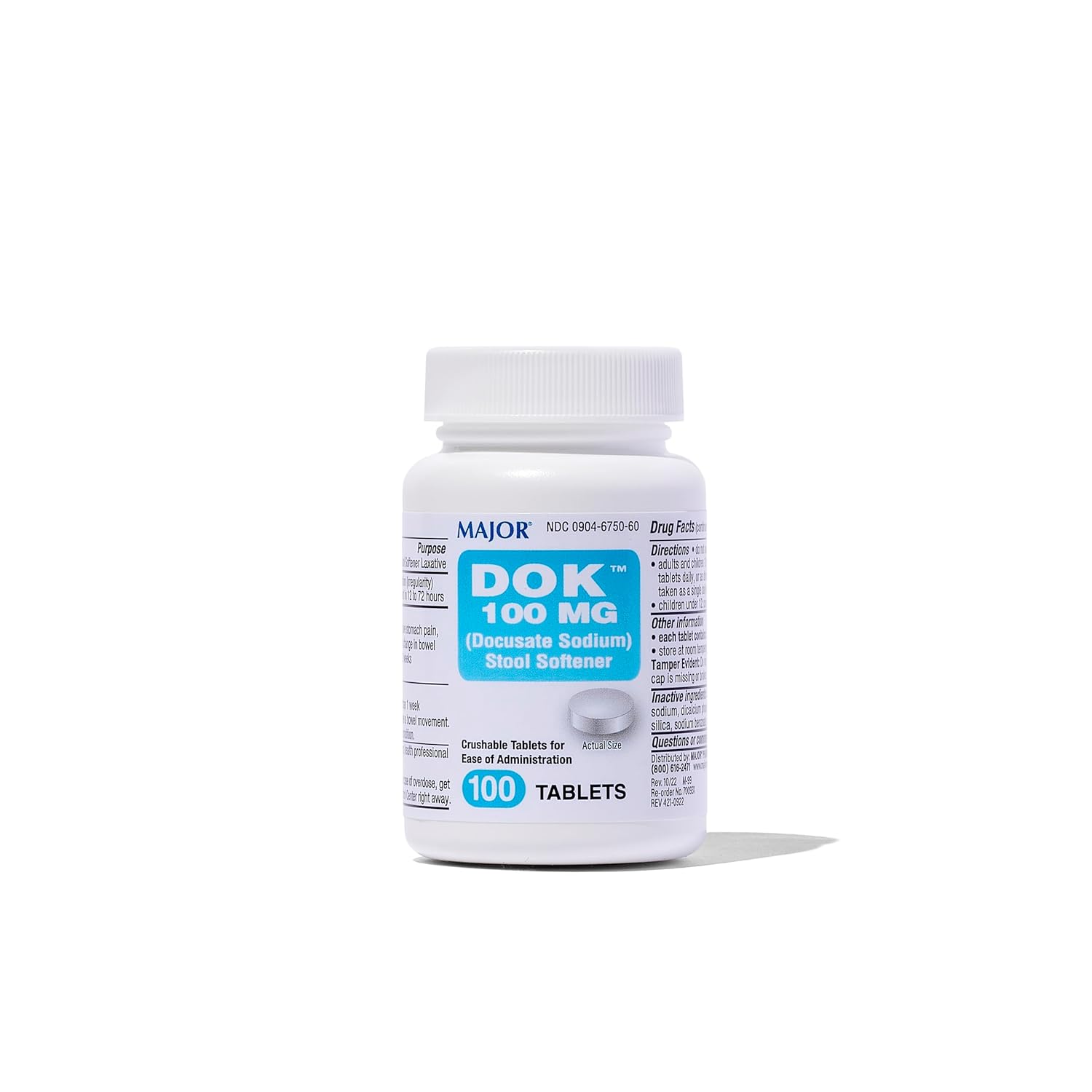
Docusate sodium
Br120.00 Select options This product has multiple variants. The options may be chosen on the product page -
-
Doxylamine succinate + Pyridoxine Hydrochloride
Doxylamine Succinate + Pyridoxine Hydrochloride is a combination used to treat nausea and vomiting during pregnancy (morning sickness).
Applications:
-
First-line treatment for morning sickness in pregnant women.
-
Helps reduce nausea and vomiting without harming the fetus.
Side Effects:
-
Common: drowsiness, dry mouth, dizziness, and headache.
-
Serious (rare): allergic reactions, confusion, and difficulty urinating.
Br120.00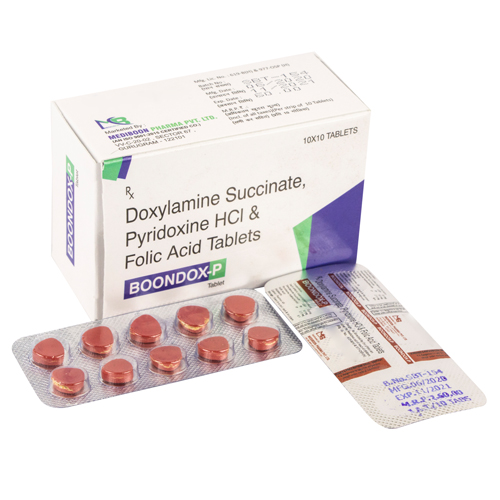
Doxylamine succinate + Pyridoxine Hydrochloride
Br120.00 Select options This product has multiple variants. The options may be chosen on the product page -
-
Pantoprazole
Applications:
-
Treats GERD & erosive esophagitis
-
Manages peptic ulcers (including NSAID-induced)
-
Controls Zollinger-Ellison syndrome acid hypersecretion
-
Prevents stress ulcers in critical care patients
Side Effects:
-
Common: Headache, diarrhea, nausea, abdominal pain
-
Serious (rare):
-
Kidney inflammation (interstitial nephritis)
-
Low magnesium (with prolonged use)
-
Vitamin B12 deficiency (long-term therapy)
-
Note:
-
IV form is preferred for acute bleeding ulcers (80mg bolus, then infusion).
-
Requires monitoring: Mg²⁺ levels if used >1 year.
Br120.00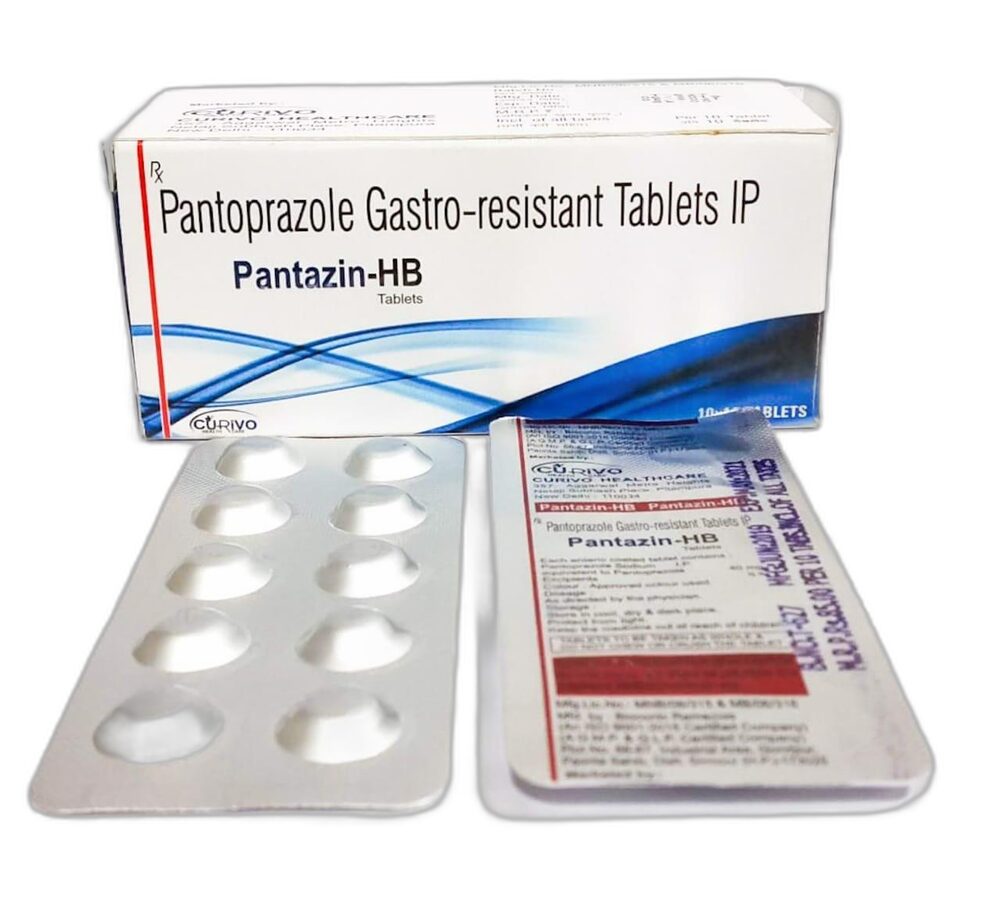
Pantoprazole
Br120.00 Select options This product has multiple variants. The options may be chosen on the product page -
-
Omeprazole + Sodium Bicarbonate
Omeprazole + Sodium Bicarbonate is a combination used primarily for the treatment of gastroesophageal reflux disease (GERD), acid reflux, and peptic ulcers, similar to sucralfate, but it works differently.
Applications:
- Treats GERD, heartburn, and acid reflux.
- Helps heal and prevent ulcers by reducing stomach acid production.
- Used to manage Zollinger-Ellison syndrome, where excess acid is produced.
Side Effects:
- Common: headache, nausea, diarrhea, and abdominal pain.
- Rare but serious: severe allergic reactions, kidney problems, and bone fractures with long-term use.
- Prolonged use can lead to vitamin B12 deficiency and low magnesium levels.
Unlike sucralfate, which forms a protective layer over ulcers, omeprazole with sodium bicarbonate works by reducing stomach acid to help heal and prevent damage.
Br120.00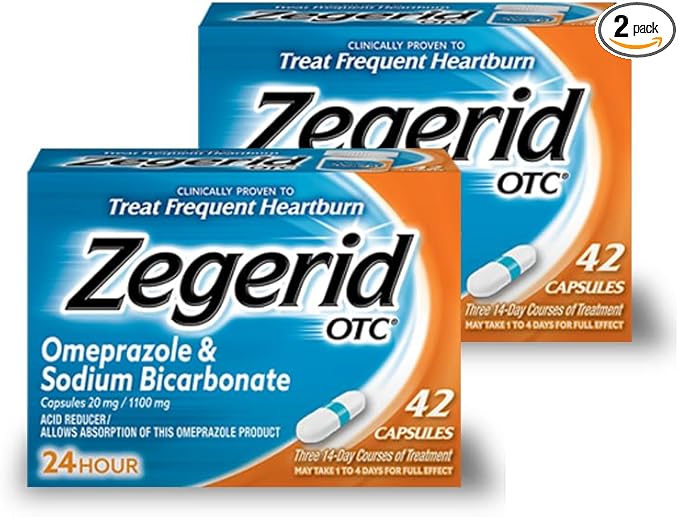
Omeprazole + Sodium Bicarbonate
Br120.00 Select options This product has multiple variants. The options may be chosen on the product page -
Rabeprazole sodium
Applications:
- Used to treat gastroesophageal reflux disease (GERD), erosive esophagitis, and peptic ulcers.
- Reduces stomach acid, promoting healing of the esophagus and ulcers.
- Effective in treating Zollinger-Ellison syndrome (excessive acid production).
Side Effects:
- Common side effects include headache, diarrhea, nausea, and abdominal pain.
- Rare side effects include low magnesium levels, bone fractures, and kidney issues, especially with prolonged use.
Rabeprazole sodium is a helpful treatment for acid-related gastrointestinal issues but, like other proton pump inhibitors, may lead to mild side effects such as headaches or stomach discomfort. Serious side effects are uncommon but should be monitored, especially during long-term use or in individuals with kidney concerns.
-
Pantoprazole
Applications:
- Used to treat gastroesophageal reflux disease (GERD), erosive esophagitis, and peptic ulcers.
- Reduces stomach acid, promoting healing of the esophagus and ulcers.
- Used in treating Zollinger-Ellison syndrome (excessive acid production).
Side Effects:
- Headache, diarrhea, nausea, and abdominal pain.
- In rare cases, can cause low magnesium levels, bone fractures, and kidney issues with long-term use.
Pantoprazole is effective in managing acid-related gastrointestinal conditions but may cause mild side effects like headache and stomach discomfort. Serious side effects are rare but should be monitored, especially with prolonged use or in individuals with kidney concerns.
Br120.00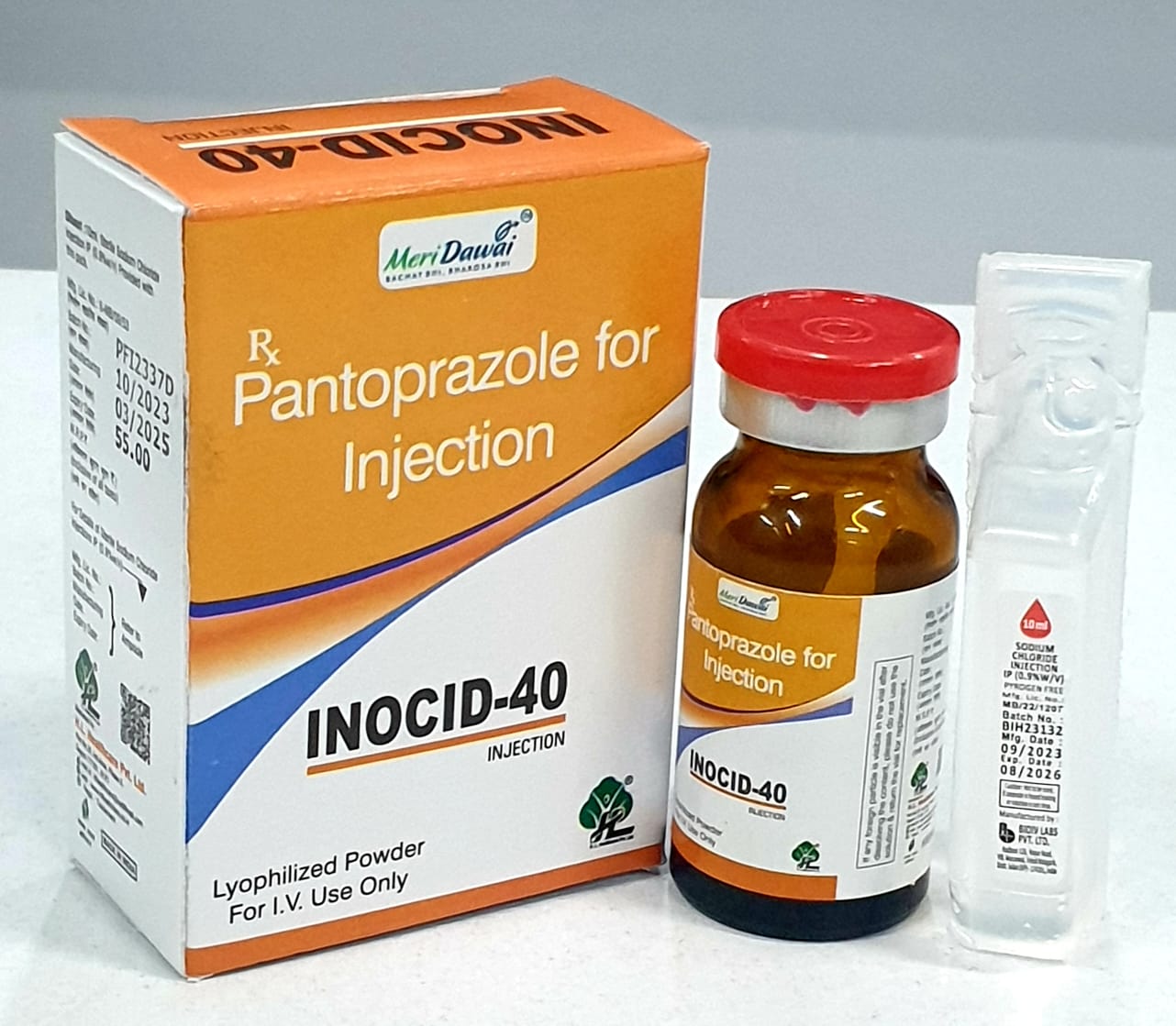

Pantoprazole
Br120.00 Select options This product has multiple variants. The options may be chosen on the product page -
Esomeprazole
Applications:
- Used to treat gastroesophageal reflux disease (GERD), peptic ulcers, and Zollinger-Ellison syndrome.
- Helps reduce stomach acid production, promoting healing and preventing acid-related damage.
Side Effects:
- Headache, nausea, and diarrhea.
- Long-term use may increase the risk of fractures, kidney issues, and vitamin B12 deficiency.
Esomeprazole is effective in reducing acid production, helping treat GERD and ulcers, but prolonged use can lead to some serious side effects, especially with prolonged therapy. It’s important to monitor for any complications, particularly with long-term use.
Br120.00
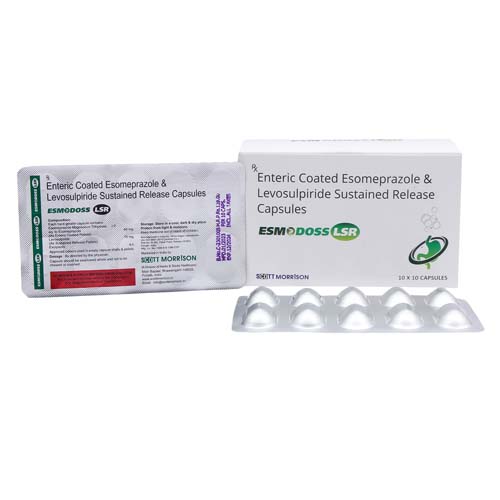
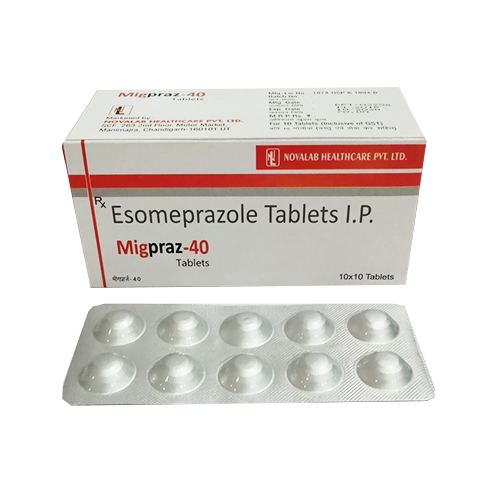
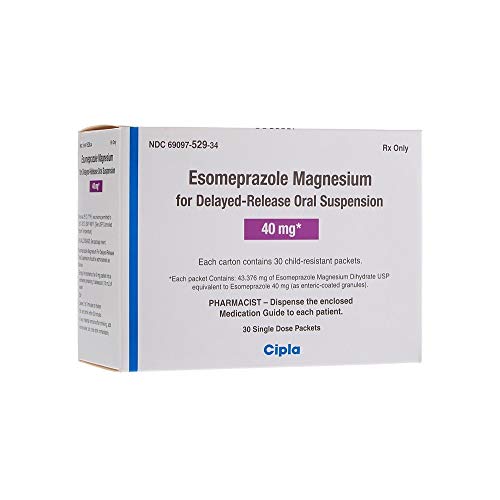

Esomeprazole
Br120.00 Select options This product has multiple variants. The options may be chosen on the product page

